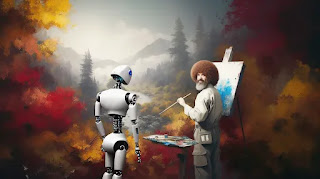How the Spiral of Silence Harms Our Society
Although the First Amendment gives us the right to say anything we please, there have been times when each of us have felt too intimidated to use it. We may have backed down from expressing our opinions due to various external pressures, such as a desire to fit in or to please, or perhaps to avoid some perceived punishment. Many people decide against expressing their true opinions due to the possible disagreement of those around them- and the negative consequences that could result in sharing with such an audience. When individuals do this, it creates what is known as a spiral of silence. This occurs when individuals believe their views to be unpopular, and as a result are less likely to share them in front of others.
The human desire to please others and be held in high esteem is the driving force behind the spiral of silence. However, its consequences can be devastating for democracy. Our nation can only thrive when the marketplace of ideas is promoted and when differing views are exchanged. This allows ordinary citizens to have their perspectives and assumptions challenged, which grows their knowledge and prompts them to make more informed decisions.
Without a culture of healthy debate, we will descend into a divided society defined by echo chambers. Such echo chambers do not produce new ideas, but only increase the confirmation bias of the individuals in them. Alternatively, when individuals finally decide to step out of their echo chamber, they will be too timid to share their views with those who will oppose them, creating a spiral of silence. Opposing ideas must engage with each other directly in order to discover flaws in reasoning and to create compromise. Otherwise, our country will only continue to become more divided and our citizens more narrow minded.

























